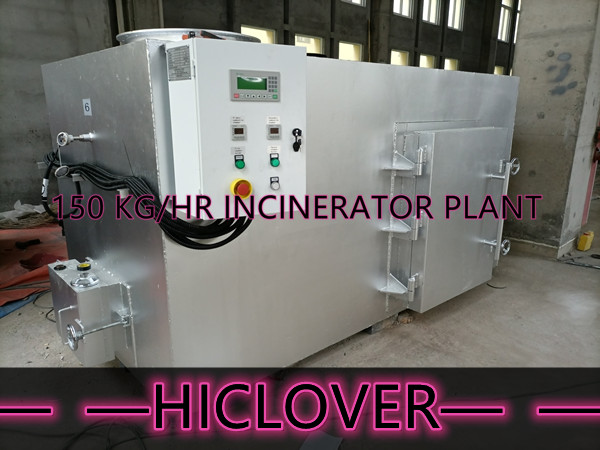In today’s world, waste management has become a significant challenge for many regions. With increasing populations and consumption, the amount of waste produced has reached unprecedented levels. Traditional waste management methods such as landfills and recycling can only go so far in addressing this problem. However, a new solution has emerged in the form of sanitary waste incinerators, which are revolutionizing waste management in many communities.
Sanitary waste incinerators are advanced technology systems designed to safely and efficiently dispose of solid waste materials. These incinerators are equipped with state-of-the-art pollution control technologies to minimize emissions and protect the environment. They are also designed to generate energy from the waste combustion process, making them a sustainable and environmentally friendly solution.
One of the key benefits of sanitary waste incinerators is their ability to significantly reduce the volume of waste that ends up in landfills. By incinerating solid waste, these facilities can reduce the amount of space needed for landfills, which is particularly beneficial in densely populated areas where land is limited. This helps to alleviate the strain on existing landfill sites and reduce the environmental impact of waste disposal.
Furthermore, sanitary waste incinerators are playing a crucial role in addressing the issue of hazardous waste management. Many types of hazardous waste, such as medical waste and industrial by-products, require specialized treatment to ensure their safe disposal. Sanitary waste incinerators are equipped to handle these materials and effectively destroy them, mitigating the risk of environmental contamination and public health hazards.
In addition to waste volume reduction and hazardous waste disposal, sanitary waste incinerators also offer the advantage of energy recovery. The heat generated during the waste combustion process can be harnessed to produce steam, which can then be used to generate electricity or provide heating for nearby facilities. This energy recovery not only reduces the environmental impact of waste disposal but also contributes to resource conservation and sustainable energy production.
Sanitary waste incinerators are also an attractive option for communities looking to implement more sustainable waste management practices. By embracing this technology, communities can minimize their reliance on landfills and reduce their carbon footprint. This is particularly beneficial as the global push for environmental protection and sustainability becomes more pronounced.
As sanitary waste incinerators continue to gain traction, it is essential to highlight the importance of stringent regulation and oversight to ensure their safe and responsible operation. Proper management of these facilities is critical to minimizing emissions, protecting air quality, and safeguarding public health.
In conclusion, sanitary waste incinerators are revolutionizing waste management by offering an advanced and sustainable solution for waste disposal. These facilities are helping communities address the challenges of waste volume, hazardous waste, and energy recovery, while also contributing to environmental protection and sustainability. As technology continues to advance, sanitary waste incinerators are poised to play an even greater role in shaping the future of waste management.



